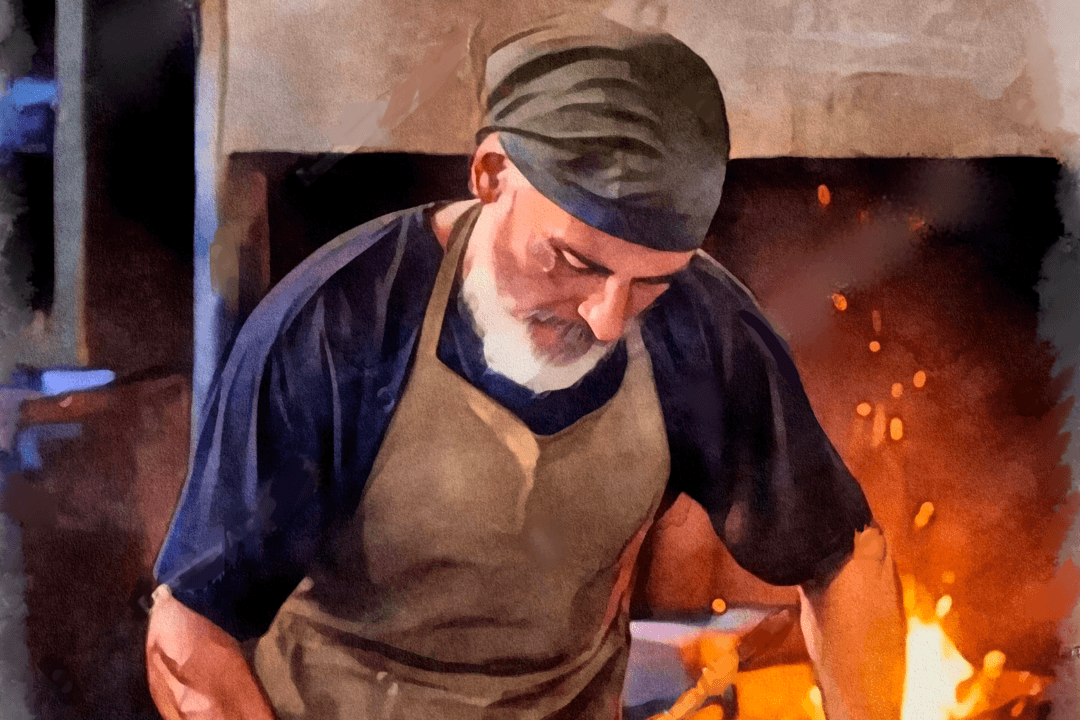Edwin Markham’s poem “Preparedness” is short, blunt, and wise:
For all your days prepare, And meet them ever alike: When you are the anvil, bear— When you are the hammer, strike.Markham wrote here of courage, also known as fortitude, which is one of the four cardinal virtues along with temperance, justice, and prudence. These are the pillars on which all moral good stands.
To be a hammer, to strike, is courage in action. It involves risk and immediacy. In World War I, Alvin York charged a German machine gun nest and captured 132 enemy soldiers almost singlehandedly. In 2003, under attack near Baghdad, Sgt. 1st Class Paul Ray Smith organized his troops, ferociously fought the enemy, and died while allowing many wounded men to escape alive. These wartime deeds are examples of hammer courage.





